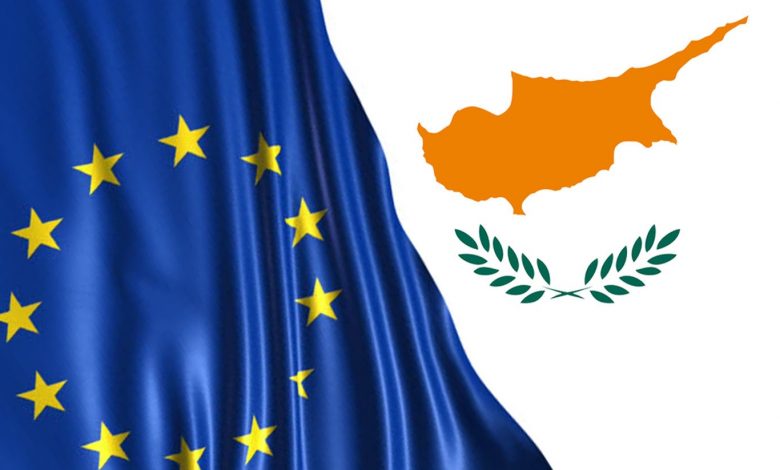
A leak of Greek Cypriot administration documents has detailed the sale of passports to individuals accused of crimes as well as people from other countries whose influence in government or public life makes them vulnerable to corruption.
Several high ranking officials and their families have been obtaining “golden passports” between late 2017 and 2019, a leak of a trove of Greek Cypriot administration documents has revealed. The revelation follows on the heels of a report that claimed at least 12 “golden passport” holders were under criminal investigation.
Greek-administered Cyprus’ so-called “golden passport” investment programme, where a single passport requires a minimum investment of $2.5 million, has attracted many investors because a passport from the Mediterranean island of Cyprus automatically grants its holder citizenship to the entire 27-member European Union.
Greek Cypriot administration papers acquired by Al Jazeera’s investigative unit show that some of those who acquired the passports are “politically exposed persons”, people whose prominent positions in government or public life might make them vulnerable to corruption. Al Jazeera’s reported on Monday shared “politically exposed” passport holders include elected politicians, board members and the brother of a former Lebanese premier.
Also among those who purchased a passport are the speaker of Afghanistan’s lower house of parliament Mir Rahman Rahmani, Vietnamese Congressman Pham Phu Quoc and former Russian politician Igor Reva.
The Greek Cypriot Parliament last month beefed up the eligibility criteria for the so-called “golden passport” investment programme, which has brought billions in revenue since its introduction following a 2013 financial crisis.
Some 4,000 Greek Cypriot passports have been issued to investors under the programme, generating at least $7.96 billion (€7 billion) since 2013.
Improper vetting?
Greek Cypriot administration said 12 foreigners named in an Al Jazeera report received citizenship under the investment programme only after being approved by Greek Cypriot and foreign agencies tasked with vetting such applications.
The report claimed that the 12 – including four Russians, two people each from Ukraine, China and Iran, and one each from Venezuela and Vietnam – secured Greek Cypriot passports after paying at least $2.36 million (€2 million) in investments despite being under investigation for an assortment of crimes such as corruption and fraud.
Greek-administered Cyprus denied the allegations, insisting that all those who received a passport met all criteria in place at the time. Administration’s interior branch said it would look into the new information in the report.
Laws of investing in passports
Under the latest changes, new anti-money laundering rules will be used to bolster how prospective investors are vetted. Another clause makes it easier for investors involved in or convicted of a serious crime to have their Greek Cypriot citizenship revoked.
Investors will still need to sink $2.28 million (2 million euros) into the Greek Cypriot economy, including buying a home, buying up stock in Greek Cypriot companies or contributing to housing and entrepreneurship programs.
The number of such citizenships is capped at 700 a year.
Greek-administered Cyprus last year moved to revoke the citizenship of 26 foreign investors from countries including Russia, Cambodia, Malaysia and Iran following reports that they had possibly broken the rules.
Greek Cypriot President Nicos Anastasiades acknowledged at the time that “errors” may have been made in granting such “golden passports.”
Source: TRTWorld and agencies







